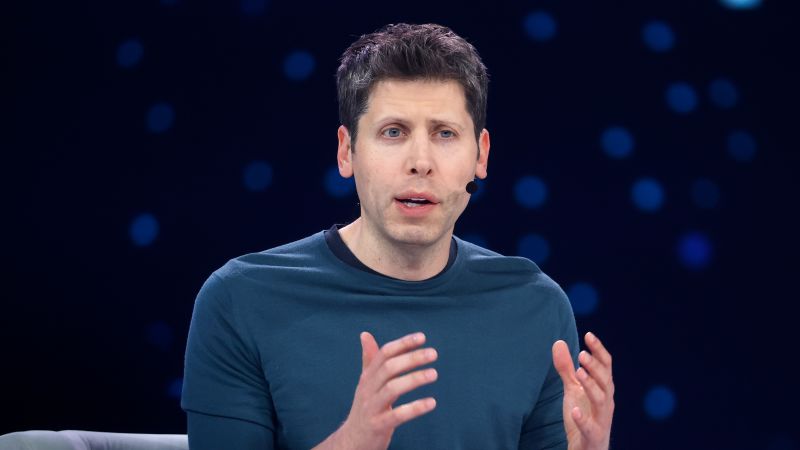In a striking revelation, Sam Altman, the CEO of OpenAI, disclosed that Meta Platforms, Inc., under the leadership of Mark Zuckerberg, has been actively extending lucrative offers to his company’s employees in a bid to recruit talent. According to Altman, these offers have reached staggering heights, with signing bonuses as high as $100 million being dangled before prospective switchers. This dramatic move highlights the competitive nature of the artificial intelligence (AI) landscape, where companies are vying for the brightest minds in the field.
During an appearance on the “Uncapped” podcast hosted by his brother Jack, Altman elaborated on Meta’s aggressive recruitment tactics. “They started making giant offers to a lot of people on our team,” he stated, clearly indicating that his organization is being targeted by a major player in the tech universe. Despite the allure of such substantial financial compensation, Altman asserted that Meta’s attempts to poach staff have not yielded success so far. He remarked, “None of our best people have decided to take them up on that,” suggesting a strong commitment among his team to remain with OpenAI amid these challenges.
Interestingly, Meta did not respond immediately to requests for comment regarding Altman’s claims, which could raise questions about their recruitment strategies and overall approach to talent acquisition. Altman took the opportunity to critique Meta’s current AI initiatives, pointing out that they have not progressed as effectively as the company had hoped. He acknowledged that while he respects Meta’s zeal and their ongoing efforts to innovate within the AI sector, he believes that the company lacks key aspects that contribute to meaningful innovation. In his view, “I think we understand a lot of things they don’t”.
The backdrop to this rivalry is marked by Zuckerberg’s dissatisfaction with Meta’s AI progress. Reports suggest that the Meta CEO is not only looking to hire externally but is also personally engaged in the recruitment of a specialized team aimed at developing “superintelligence” machines—systems that could potentially exceed human capabilities. This has led Zuckerberg to interact directly with AI experts in informal settings, including his own homes.
Furthermore, Zuckerberg’s frustration appears to have influenced even the physical layout of Meta’s Menlo Park headquarters, as he has reportedly reshaped the environment to accommodate the new initiatives closer to his own office. This change underscores the importance that Meta is placing on advancing its AI strategies amid a rapidly evolving tech landscape.
In a significant move to bolster his resources for these ambitions, last week, Meta announced a substantial investment of $14.3 billion to acquire a 49% stake in Scale AI. This investment is expected to invigorate Zuckerberg’s aspirations in AI. Along with this investment, Meta plans to integrate some employees from Scale AI as part of this strategic move, which includes the involvement of the company’s young founder and CEO, Alexandr Wang.
This push into artificial intelligence signals a broader trend where Zuckerberg is determined to reposition Meta as a formidable entity in the AI domain, an ambition that has witnessed varied degrees of success. The intensification of Meta’s efforts in this field has grown particularly acute following the rapid advancements achieved by OpenAI, which has garnered extensive funding amounting to tens of billions over recent years. The ongoing competition between these two tech powerhouses reflects the high stakes involved in shaping the future of AI technology and the relentless pursuit of innovation in this vital sector.
As the rivalry intensifies, it will be intriguing to observe how both Meta and OpenAI navigate their quests for talent, innovation, and ultimately, industry leadership. The outcome of this competition will likely have significant implications for the future of AI and the technological landscape at large.



